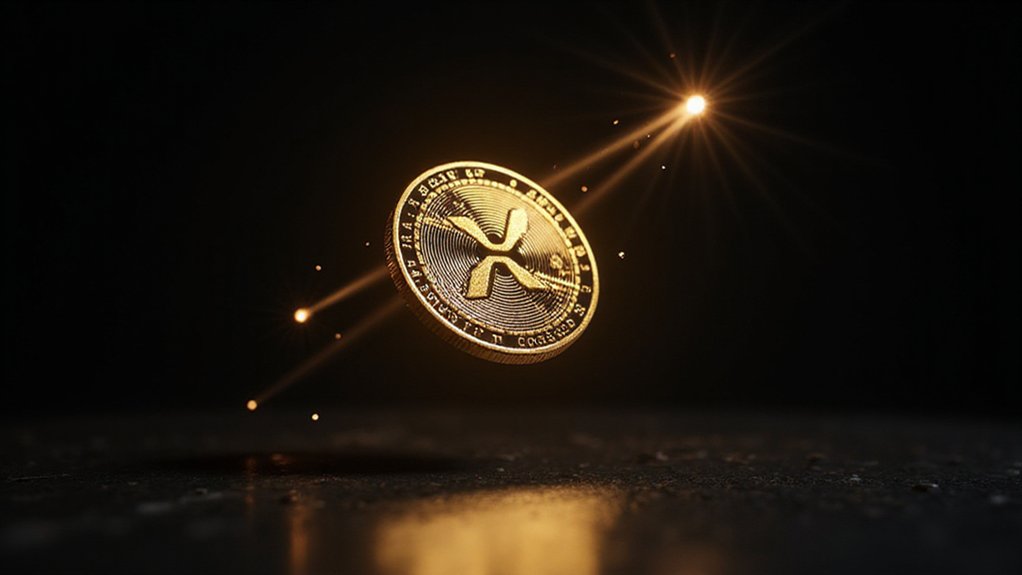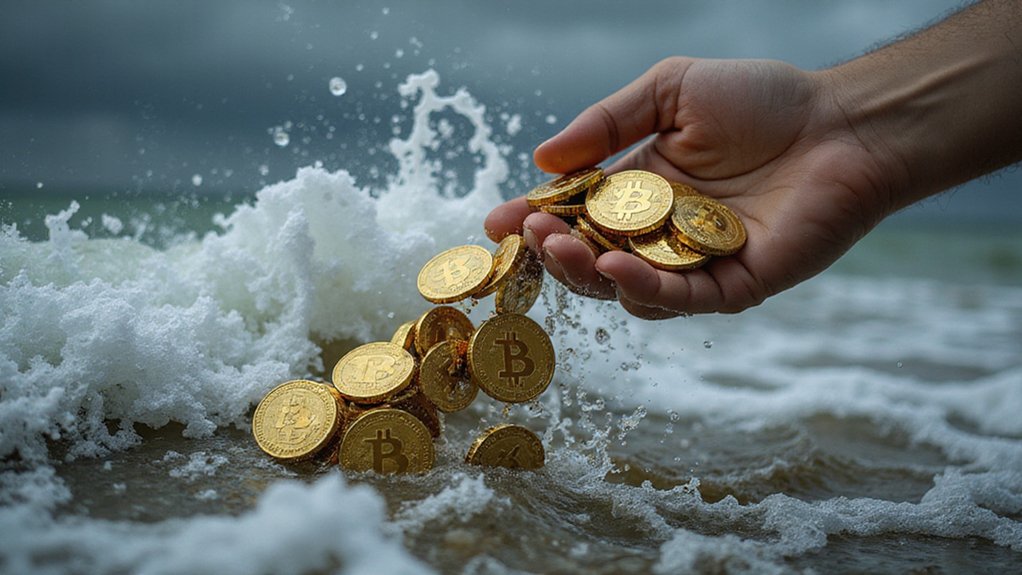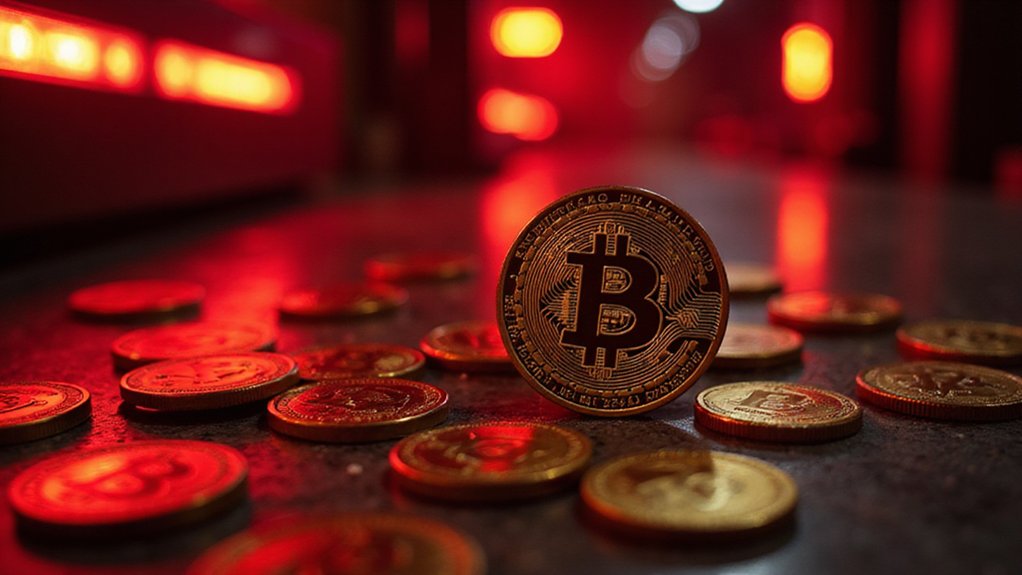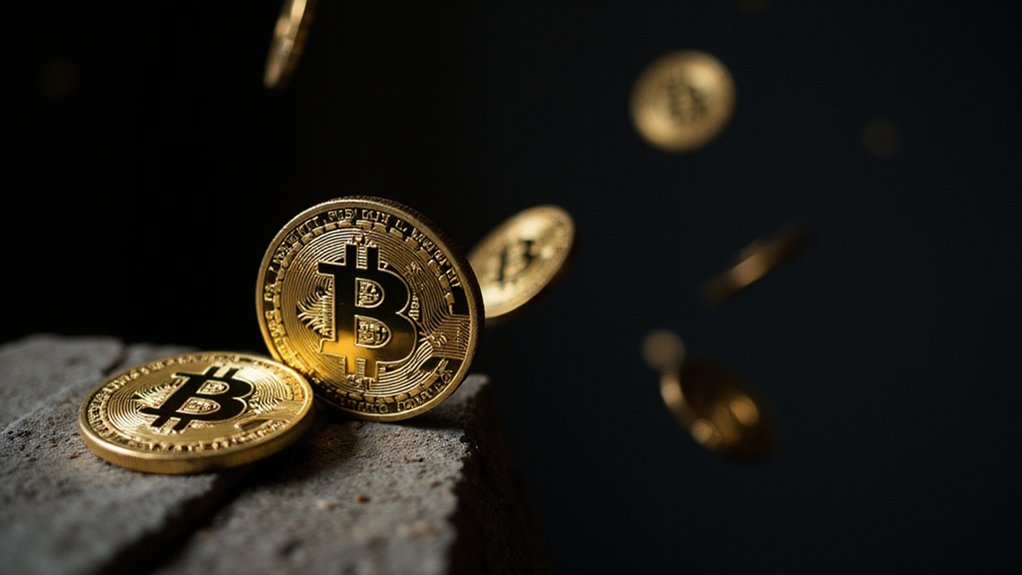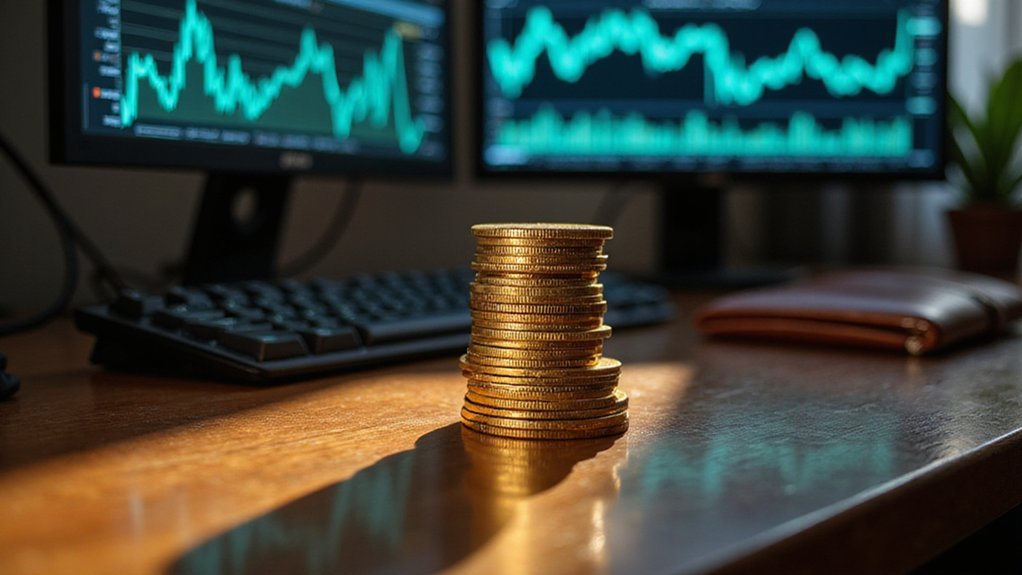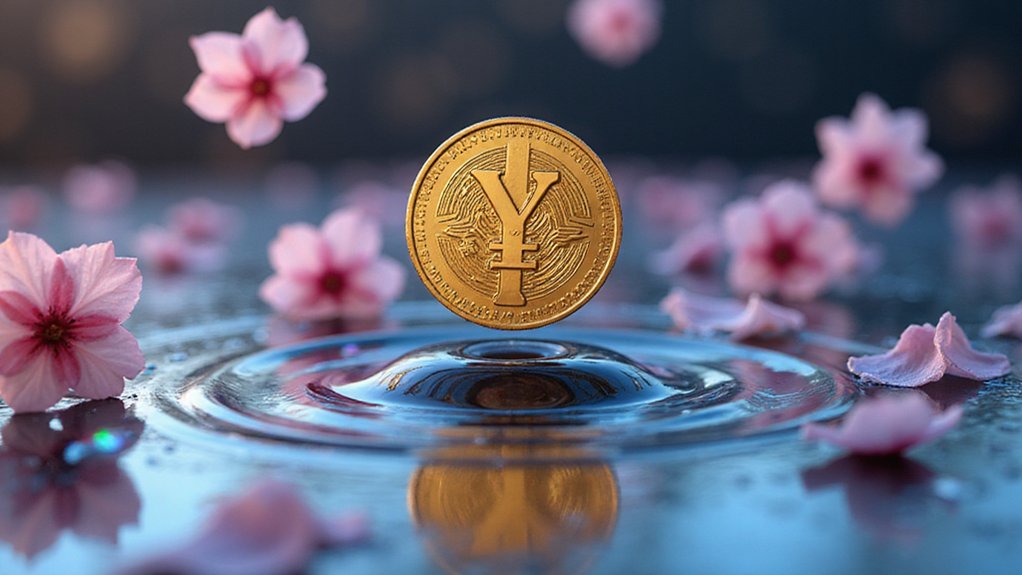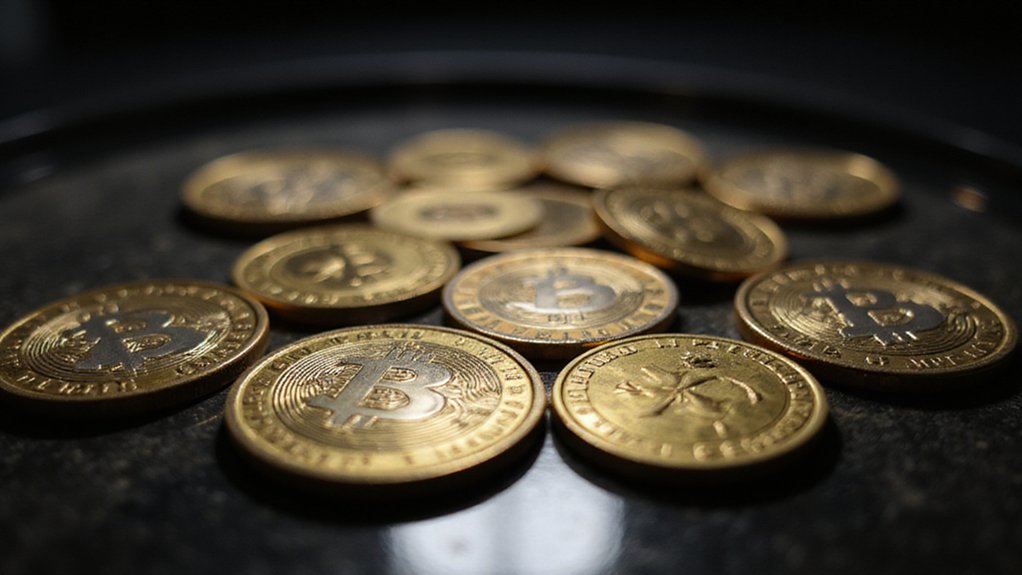The nation’s forty-seventh president has managed to transform his political capital into something far more literal—a $57.4 million windfall from World Liberty Financial, a DeFi venture that suggests Trump’s understanding of disruption extends well beyond Twitter feuds and campaign rallies.
This remarkable disclosure, buried within Trump’s 2025 public financial filings, reveals holdings of 15.75 billion governance tokens in what has become one of the more ambitious attempts to challenge traditional finance.
World Liberty Financial, developed alongside sons Donald Jr. and Eric, has already attracted over $550 million from investors—including Abu Dhabi’s sovereign wealth fund MGX and Tron founder Justin Sun—through two successful token sales raising $200 million and $250 million respectively.
The timing appears particularly fortuitous.
Trump’s January executive order supporting crypto development, coupled with his appointment of pro-crypto SEC Chair Paul Atkins, has created regulatory tailwinds that institutional investors find increasingly attractive. The President’s Working Group on Digital Asset Markets, established by the executive order, must submit a comprehensive regulatory framework report within 180 days.
The administration’s decision to pause Biden-era investigations and establish a working group for crypto-related policies suggests a calculated effort to position America as the “crypto capital” Trump campaigned on.
Beyond World Liberty Financial’s stablecoin ambitions (valued at $2 billion), Trump’s diversified crypto portfolio includes ventures in DeFi platforms and memecoins. The platform launched in September 2024 as a direct challenger to established financial institutions.
The $TRUMP memecoin alone projects earnings of $742 million, demonstrating how celebrity-driven assets can generate substantial returns in an environment where institutional inflows now account for 60% of crypto investment growth.
What makes this particularly intriguing is the convergence of political influence and financial innovation.
Trump’s crypto ventures benefit from both his regulatory authority and his ability to attract high-profile investors who understand that sovereign wealth funds and institutional capital follow legitimacy—and legitimacy, in crypto’s case, often follows political cover. Understanding the project’s tokenomics becomes crucial for investors evaluating how World Liberty Financial’s supply mechanisms and governance structure could impact long-term value creation.
The broader implications extend beyond personal enrichment.
Trump’s financial success in crypto serves as a powerful signal to traditional finance that digital assets have achieved mainstream acceptance.
When a sitting president can generate $57.4 million from governance tokens while simultaneously crafting favorable regulatory frameworks, it suggests that crypto’s transformation from speculative curiosity to legitimate asset class may be more complete than skeptics anticipated.


